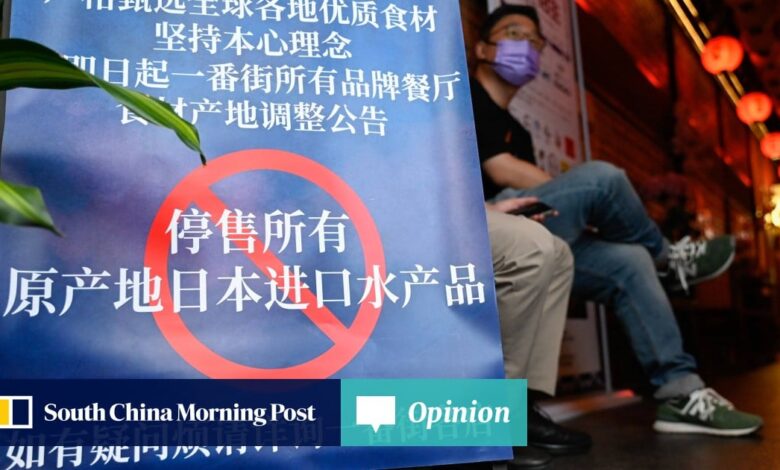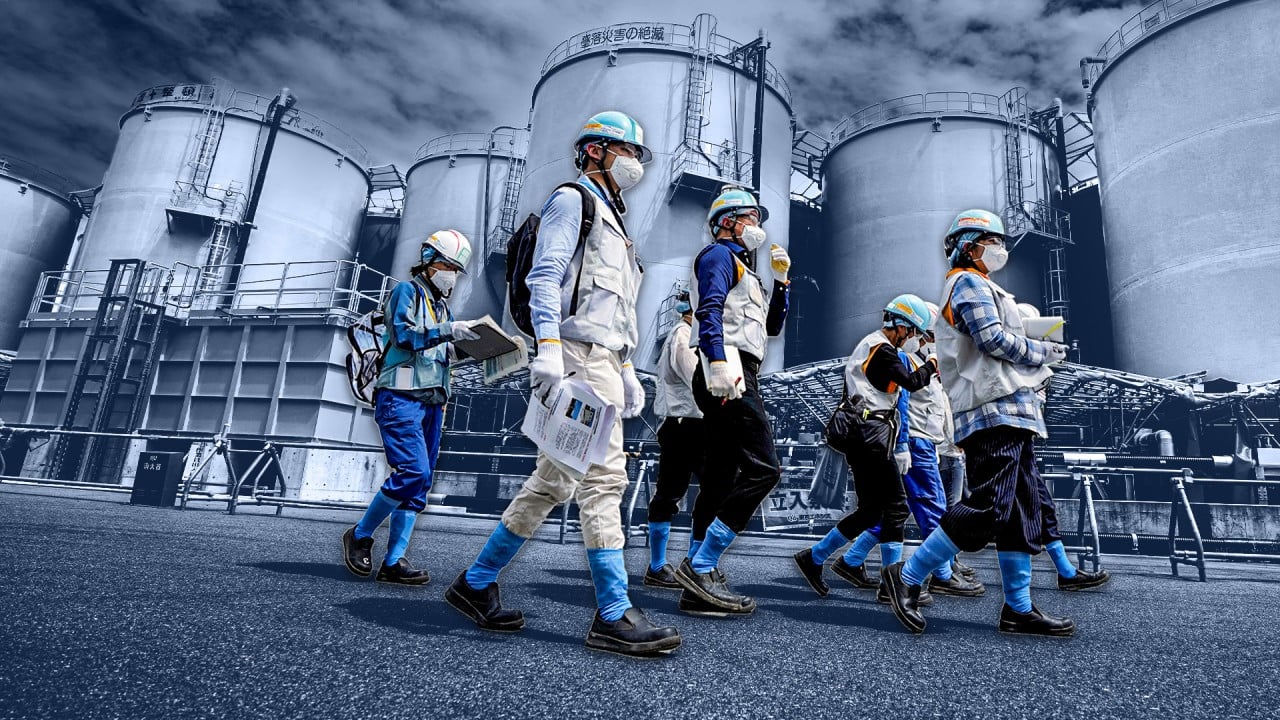Opinion | A WTO case over China’s ban on Japanese seafood would reverberate beyond Fukushima

[ad_1]
This controversial Japanese action is born of what Tokyo says is necessity. The Japanese government has been trying to put the Fukushima disaster behind it since March 2011, when a 9.0 magnitude earthquake provoked a tsunami that caused the meltdown of three of the plant’s nuclear reactors.
As part of the clean-up, radioactive water has been stored at the plant ever since. But now, more than 1,000 storage tanks are filled to 98 per cent of their capacity of 1.37 million tons and need to be emptied, the Japanese say, so they can continue with decommissioning the plant.
Although the IAEA has given this Japanese plan the go-ahead, the Chinese are less than persuaded that this approach ensures safety. Hence their import ban.
Under this agreement, which has been heavily litigated throughout the past quarter of a century, all WTO members have the right to take sanitary and phytosanitary measures for the protection of human, animal or plant life or health – provided they do so in compliance with the terms set out in the agreement.
Discretion to take such national actions is clearly permitted – but only under the conditions on which Japan, China, and all other WTO members have agreed in concluding this safety agreement as part of the WTO treaty.
Among these conditions is that the member countries must apply such measures only to the extent necessary to protect human, animal or plant life or health, and that they must be based on scientific principles and not maintained without sufficient scientific evidence. To date, WTO jurists have not had to rule on the legal issues of what constitute “scientific evidence” or “sufficient scientific evidence”. This case may at last require them to do so.
Member countries must also be able to show that an SPS measure is based on an assessment, as appropriate to the circumstances, of the risks to human, animal or plant life or health. Thus far, there is no indication that China conducted such a risk assessment before applying the import ban. This case may require WTO jurists to go further than they have gone before in defining the criteria of an acceptable risk assessment.
However, in cases where relevant scientific evidence is insufficient, a member country may adopt an SPS measure provisionally on the basis of available pertinent information. Presumably, this provision would be where China would hang its legal hat in any upcoming WTO litigation. This case may thus require WTO jurists to clarify in more detail than before the boundaries of this exception.
Is there sufficient scientific evidence to support the Chinese ban on imports of seafood from Japan? Did Beijing conduct a risk assessment before applying the ban? If not, is it nevertheless justified in applying the ban on a temporary precautionary basis until more evidence is available? These are the questions that would be central to the outcome of a WTO dispute.
Are Chinese tourists in Japan toeing the party line on eating seafood? Nope
Are Chinese tourists in Japan toeing the party line on eating seafood? Nope
Whatever the outcome of the legal dispute, it would have far-reaching implications extending beyond this ban and beyond Japan and China.
Every WTO dispute is really two disputes. One is a dispute between the contending countries over a particular trade action such as this one by China. The other is a dispute over the meaning of certain WTO obligations.
For the global trading system to work, these obligations must mean the same thing for all WTO members countries all the time and under all circumstances. Thus, the rulings in this dispute, if it ends up becoming a WTO case, will have consequences far from Fukushima.
James Bacchus is a professor of global affairs at the University of Central Florida, and a founder and former chairman of the Appellate Body of the World Trade Organization. He judged a number of landmark WTO trade disputes involving the SPS agreement
[ad_2]
Source link





